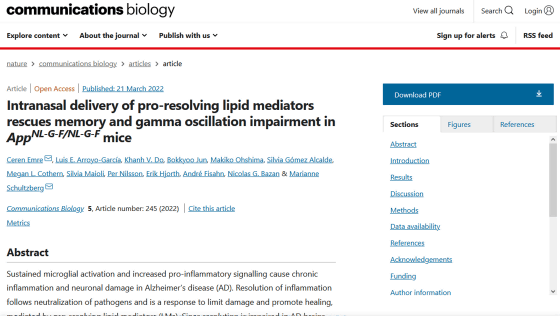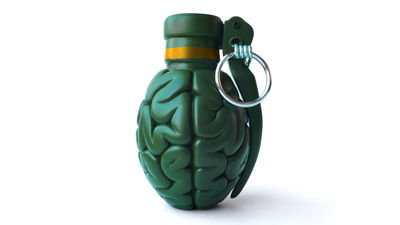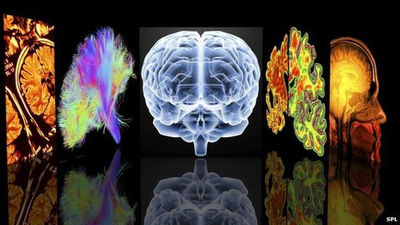Administration of the drug through the nose may prevent memory impairment and brain degeneration due to Alzheimer's disease

Intranasal delivery of pro-resolving lipid mediators rescues memory and gamma oscillation impairment in AppNL-GF / NL-GF mice | Communications Biology
https://www.nature.com/articles/s42003-022-03169-3

Study Shows That Intranasal Rx Halts Memory Decay in Experimental Alzheimer's Model
https://www.lsuhsc.edu/newsroom/Study%20Shows%20That%20Intranasal%20Rx%20Halts%20Memory%20Decay%20in%20Experimental%20Azheimers%20Model.html
Nasal spray could prevent Alzheimer's disease, brain inflammation --Brain Tomorrow
https://www.braintomorrow.com/2022/03/21/nasal-spray-alzheimers-memory/
Nicolas Bazan, a professor of clinical neuroscience at Louisiana State University and lead the study, said: 'Patients and their families suffer from catastrophic progression and adverse events due to the lack of prevention and treatment for Alzheimer's disease. Is making great sacrifices, 'he said, pointing out that the number of patients with Alzheimer's disease in the United States is expected to surge in the coming years.
The research team of Professor Bazan and his colleagues focused on a lipid ( lipid mediator ) with a physiological action called ' Neuroprotectin D1 (NPD1) ', which consists of fatty acids and derivatives such as omega 3 fatty acids . NPD1 is an important signaling substance in the process of calming inflammation in the body, and previous studies have shown that NPD1 has a protective effect in mice with retinal damage and stroke, and that NPD1 is in the memory area of patients with Alzheimer's disease. It is also known that there is a shortage.
Therefore, the research team divided Alzheimer's disease mice into 'a group in which a mixture containing NPD1 was administered into the nasal cavity' and 'a group in which physiological saline was administered into the nasal cavity', and the effects on memory impairment and neuroinflammation were extensive. I analyzed it.
As a result, it was confirmed that the mice treated with the NPD1 mixture had better memory than the mice treated with saline, and that the activation of microglia observed in Alzheimer's disease was suppressed. The researchers report that administration of lipid mediators in a non-invasive manner via the nasal cavity prevented memory impairment and brain degeneration associated with Alzheimer's disease.

In addition to this study, Louisiana State University and the Karolinska Institute are also collaborating on signals in the cerebrospinal fluid that protect the brain from dementia. 'This productive collaborative study is revealing important aspects of the early stages of Alzheimer's disease,' said Marianne Schultzberg, a professor at the Karolinska Institute. It is expected to be a path to innovative treatments. '
Related Posts:
in Science, Posted by log1h_ik







